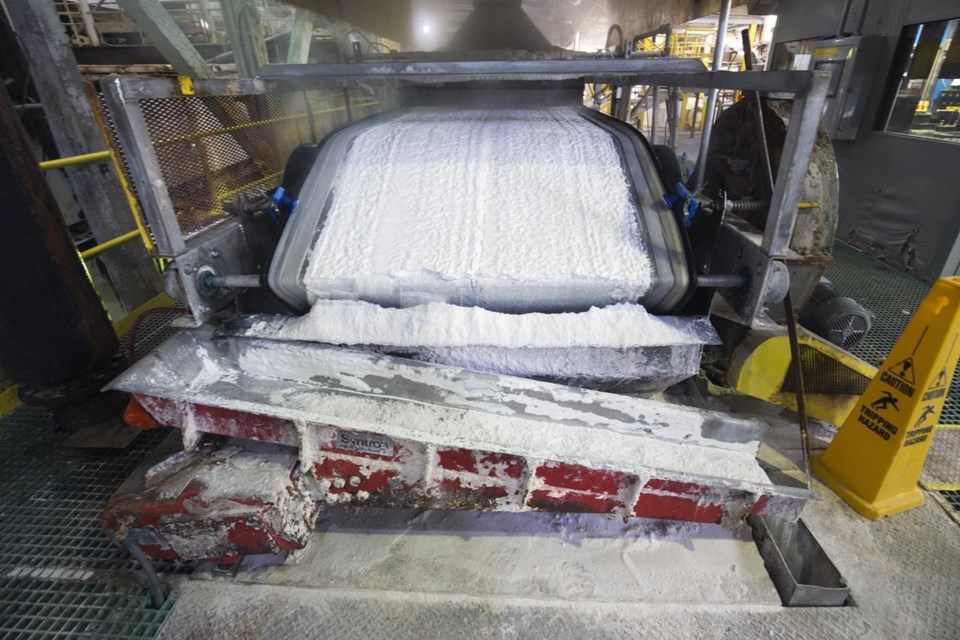The effort to satisfy a vast demand for lithium for electric vehicle batteries moved one step forward with a $375 million loan from the Department of Energy to Li-Cycle, a battery recycling company, to build a lithium-ion battery recovery plant near Rochester, New York.
Monday's announcement is the third in the U.S. recently. Last Tuesday the large recycling firm Ecobat said it will build its first battery recycling plant in Casa Grande, Arizona.
Earlier this month, the DOE Loan Programs Office also announced a conditional $2 billion loan to Redwood Materials to build a battery recycling facility outside Reno, Nevada. It will also make new EV battery cells out of recovered copper foil and other electrochemical materials.
The Rochester facility is expected to support the battery needs of about 203,000 electric vehicles per year.
The discarded lithium batteries that are its source material will be collected and readied for transport to New York at sites including Gilbert, Ariz., Tuscaloosa, Ala. and Kingston, Ontario, Canada.
Recycling lithium is seen as far less environmentally damaging than mining it from the ground, and potentially less expensive.
Mining lithium can degrade ecosystems and contaminate lakes and rivers. But mining both domestically and internationally is expected to dramatically increase to meet growing demand for electric vehicles and other clean technologies.
The DOE announcement came within hours of another, by American Battery Technology Company, that it has discovered one of the largest known lithium deposits in the U.S. at Tonopah Flats in Big Smoky Valley, Nevada. It's estimated to contain 15.8 million tons of lithium carbonate equivalent.
The Li-Cycle announcement is the fifth project related to critical materials and EV supply chain announced under the Advanced Technology Vehicles Manufacturing Loan Program, part of DOE.
In 2021, the U.S. set a target for half of all new domestic vehicle sold to be electric by 2030. A DOE National Blueprint for Lithium Batteries outlines a strategy for expanding lithium-battery manufacturing and highlights the need for raw materials and pursuit of alternatives.
———-
Associated Press climate and environmental coverage receives support from several private foundations. See more about AP’s climate initiative here. The AP is solely responsible for all content.
Isabella O'malley, The Associated Press



